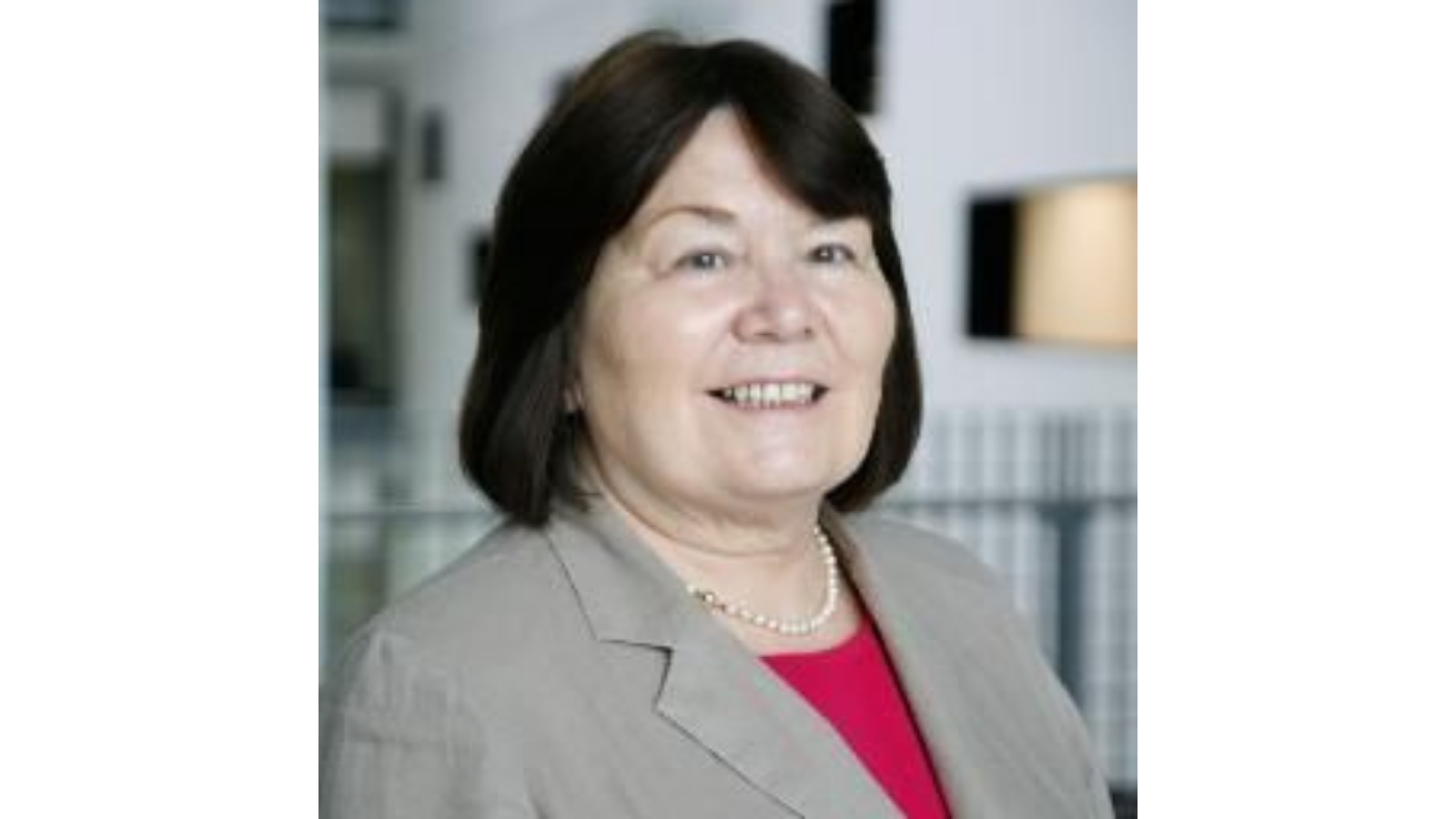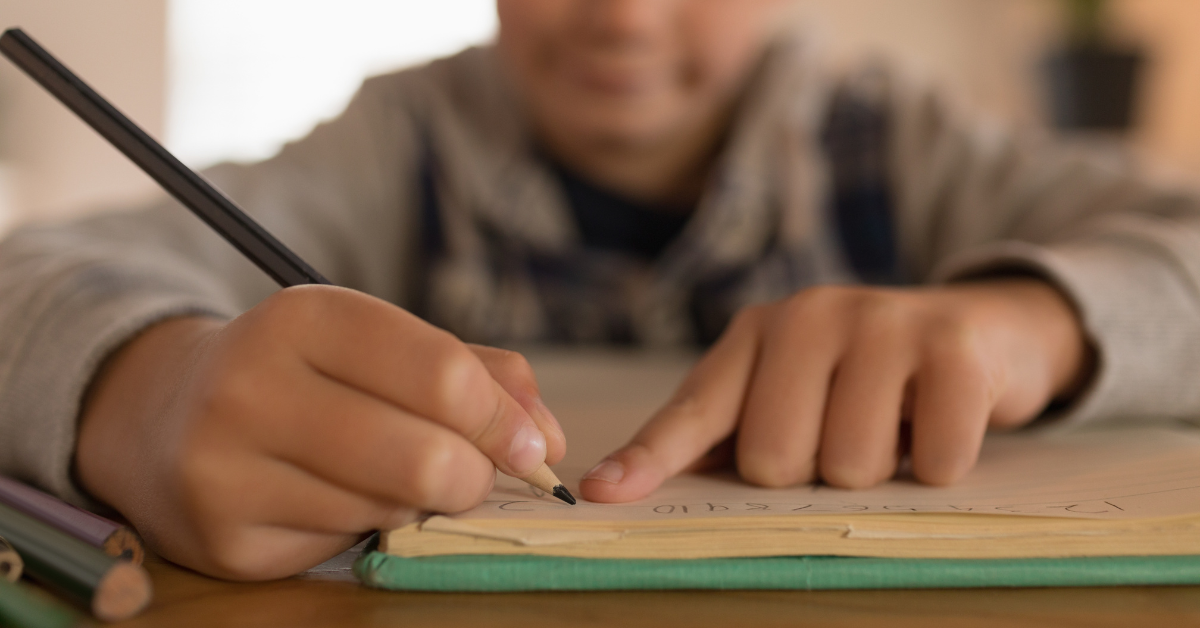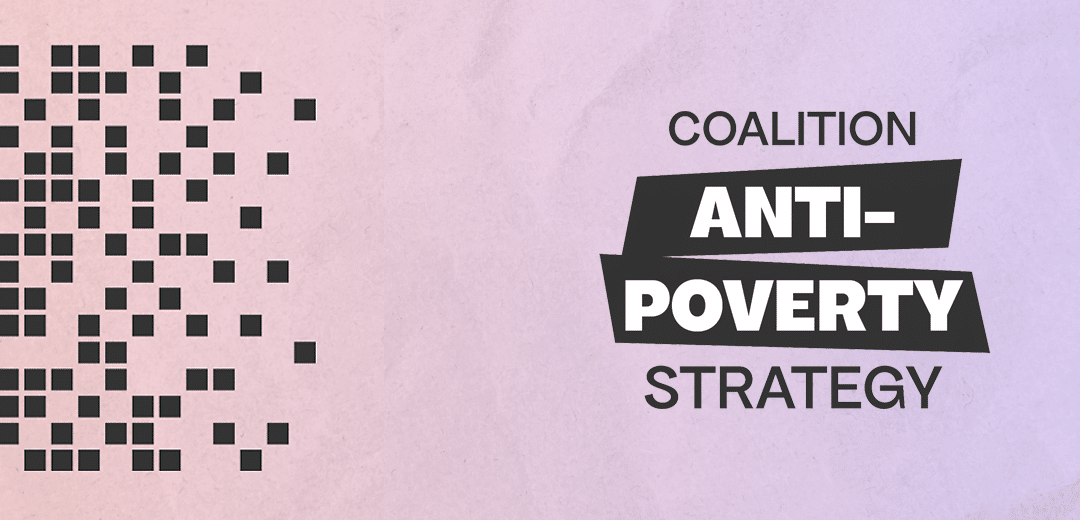“Child participation is a way of thinking and in fact, not costly”, Norah Gibbons
Norah Gibbons, (Candidate) Honorary member of Eurochild and Chair of Ireland's Child and Family Agency, speaks of her work and the role the EU and children's rights organisations can play in child protection and promoting children's rights. “We can’t impose solutions- they must be tailored.”
I am a trained social worker with experience in statutory bodies in England and the NGO field in Ireland. As a social worker, I got involved in child protection. I worked in the placement and support of children in the care system in England. This is where I saw the loss of identity amongst children in care. This wasn’t understood at the time. As these children grew up, they didn’t fit in anywhere. They were unsure of their roots and identity. I recognized this need and wanted to link them back to this identity – to their roots, in name and in fact.
“As a social worker, I got involved in child protection… As these children grew up, they didn’t fit in anywhere. They were unsure of their roots and identity.”
When I returned to Ireland, I worked for Barnardos, a large children’s rights charity. And after I retired, I was invited by the first Minister for Children to become the chair of Ireland’s first Child and Family Agency – Tusla, which was inaugurated on 1 January 2014. This new agency brought together 3 separate agencies and has a strategic plan focused on three areas – early intervention; child protection when family care is no longer an option and children’s attendance in education.
The Board of Tusla is responsible for developing a strategy for child welfare and protection in Ireland and overseeing the implementation of the strategy in conjunction with all our partners including the Irish Government. Tusla’s challenge is to deliver this plan in a cohesive way and offer seamless service to all children.
2.The Irish government recently adopted its budget for 2016. Childcare provisions were a hot topic this year as always. Do you think children’s rights are given adequate attention in Ireland’s economic policy? If not, why not? If yes, how?
The period of severe austerity from 2008 hit children with increasing homelessness and poverty. The 2016 budget, adopted last month, is the first budget that has improved life chances for children. It does not solve all problems but it does improve things significantly, both directly through monetary allowances, and indirectly, through services. It is a significant start. Additionally, we now have a specific Minister for Children, a department and a national policy with an attached budget. Early years is a focus and paid paternal leave has been introduced. Quality of early years education and care is equally important. Funding to integrate children with disabilities into the early years programmes is very important.
“We’re always hearing the need to do more with less. But at some point, we do also need more resources”
We’re always hearing the need to do more with less. But at some point, we do also need more resources and this budget gives a fresh impetus. Money is being put back into families. The children’s allowance is back up to 2008 levels and we are focusing on addressing food poverty through the school meals programme. The solution should be based on two approaches – more money for families and more and better services.
3.Child poverty is rising in Europe. In your view, how can we stem the tide of this growing problem?
Child poverty isn’t just deprivation in the now it works against the participation of children in society. Parents have no means to allow their children to engage in society. Over time, it can disable the child as a citizen.
In the EU we need to address it with a two-pronged approach – increased amount of money available to families and secondly, the services available locally for children. For services to work, we need data. The long term outcomes for children in poverty are negative whether you look at health, justice. Governments have to think long-term and in outcomes, rather than short term economics. In the long term, this will disadvantage society, increasing the costs of remedial services with poorer outcomes.
4.With your experience of working in both non-governmental & state-led bodies, what is the most effective way of collaboration between state bodies and civil society?
NGOs are advocating to people who want the same results, but we need to find a win-win approach. NGOs have to be well-informed, work with specialists and offer workable solutions. Change is incremental; so setting out steps to get to a policy change is crucial. And as they say, don’t waste a good crisis! You have to be alert to avoid reversals. Europe has slipped back in terms of addressing poverty.
“Europe has slipped back in terms of addressing poverty.”
NGOs must call out problems when they see it; but they must also call out the steps and prepare to support the changes and look around the corners for new and emerging problems. For e.g. food poverty wasn’t discussed in Ireland in the past. Children may not have been starving but they were not getting the right food, which has now contributed to the problem of obesity. NGOs have rightly identified the need for school meals to ensure quality and nutritious food.
5.What role can the EU play in the area of child protection and children’s rights?
It can be difficult for citizens to connect to the EU; but the EU grouping of countries has the opportunity to highlight issues and share expertise, while honouring cultures of different countries.
“We can’t impose solutions – they must be tailored”
We can’t impose solutions – they must be tailored. The EU has an important role to play in collection of data to see where countries stand in relative terms. It also has to show the way forward, knowing that all countries won’t work in the exact same way. It needs to uphold and promote the principles of non-discrimination and equality. We can’t dumb down those essential rights. And this allows the EU to put pressure on individual governments and offer help within the European family.
6.Ireland launched a national strategy on children’s and young people’s participation in decision making and has become a pioneer in Europe. How can this be expanded? (Read the national strategy here)
This national strategy is a real success story that shows what political will can bring about. Such a strategy should ideally open up opportunities to all children – whether they are from traveller community, a migrant or a refugee.
“Child participation is a way of thinking and in fact, not costly.”
Child participation is a way of thinking and in fact, not costly. It means planning your activities and creating consultations that are child-friendly. Evidently, this takes time. And it can be instrumental in changing the way we respond to arguments which in fact can be detrimental to children’s rights. Take for example, the way children got engaged in debates on the same-sex marriage referendum in Ireland this year. Young people from same-sex families were speaking out, offering personal experiences to show the reality to people who held pre-conceived notions about it being detrimental to children. They saw that children had a real stake and were informed about their actual views.
7.How do you see the role of networks like Eurochild?
Networks are extremely important as they represent broader voice of civil society. Their strength is in their ability to engage members’ voices and do things that individual organisations can’t on their own. For example, the Children’s Rights Alliance of Ireland (a national partner network of Eurochild) has been instrumental in gathering the opinions of network members for the alternative report of Ireland to the UN CRC Committee.
“Eurochild’s role is to represent a balanced, courageous argument as an independent entity while working in partnership with EU institutions.”
Eurochild’s role is to represent a balanced, courageous argument as an independent entity while working in partnership with EU institutions. We should recognise the value of each network and no network should be an end in itself. Eurochild, as an advocacy network, has a long road ahead and it must stick to it in the face of pushbacks and support governments when they are implementing solutions. The flow of information is important for a network – it should transform knowledge to make it useful for its national stakeholders. Eurochild has potential to offer resources that can be helpful for members. It needs to appeal to more organisations and keep dialogues open. And maintaining independence is important, while not being aloof.
Mutual interdependency is basic and it must continue to look for allies. And it should be able to challenge those who are inimical to children’s rights.
8.What’s been the most valuable lesson you’ve learnt through your work in this sector?
Listening to voices of people who have experienced the child protection services – that has been the most valuable lesson for me.
I was appointed to the Committee to inquire into Child Abuse in Ireland and had the opportunity to speak to over 800 adults who as children were raised in institutional systems. It was a humbling experience.
“Children have one childhood. You have to make it as good as you can during this childhood”
It brought home to me that children have one childhood. You have to make it as good as you can; if not, they pay for it for the rest of their lives. So, the right systems and the right people must be in place to make sure children’s lives aren’t blighted.
We need to ask ourselves every day – what does a national policy do for children; who is it serving? Who does the budget serve? And who is it excluding? So, child proofing our policies is one way. And these questions are for everyone in the child rights sector. If we want to contribute, we have to work together and not give up; never stay on the sidelines.
ENDS
Interview conducted 2 November 2015
HONORARY MEMBERS: Eurochild expressly invites accomplished individuals selected by the Management Board for their significant contributions towards children’s rights & well-being in the European context, awarding them with honorary membership to the network.
Owing to her significant contributions to the children’s right sector, Norah Gibbons has been invited to join the Eurochild network as an honorary member. Norah Gibbons is the third candidate honorary member, following former Council of Europe Human Rights Commissioner Thomas Hammarberg and Professor Eugeen Verhellen.




